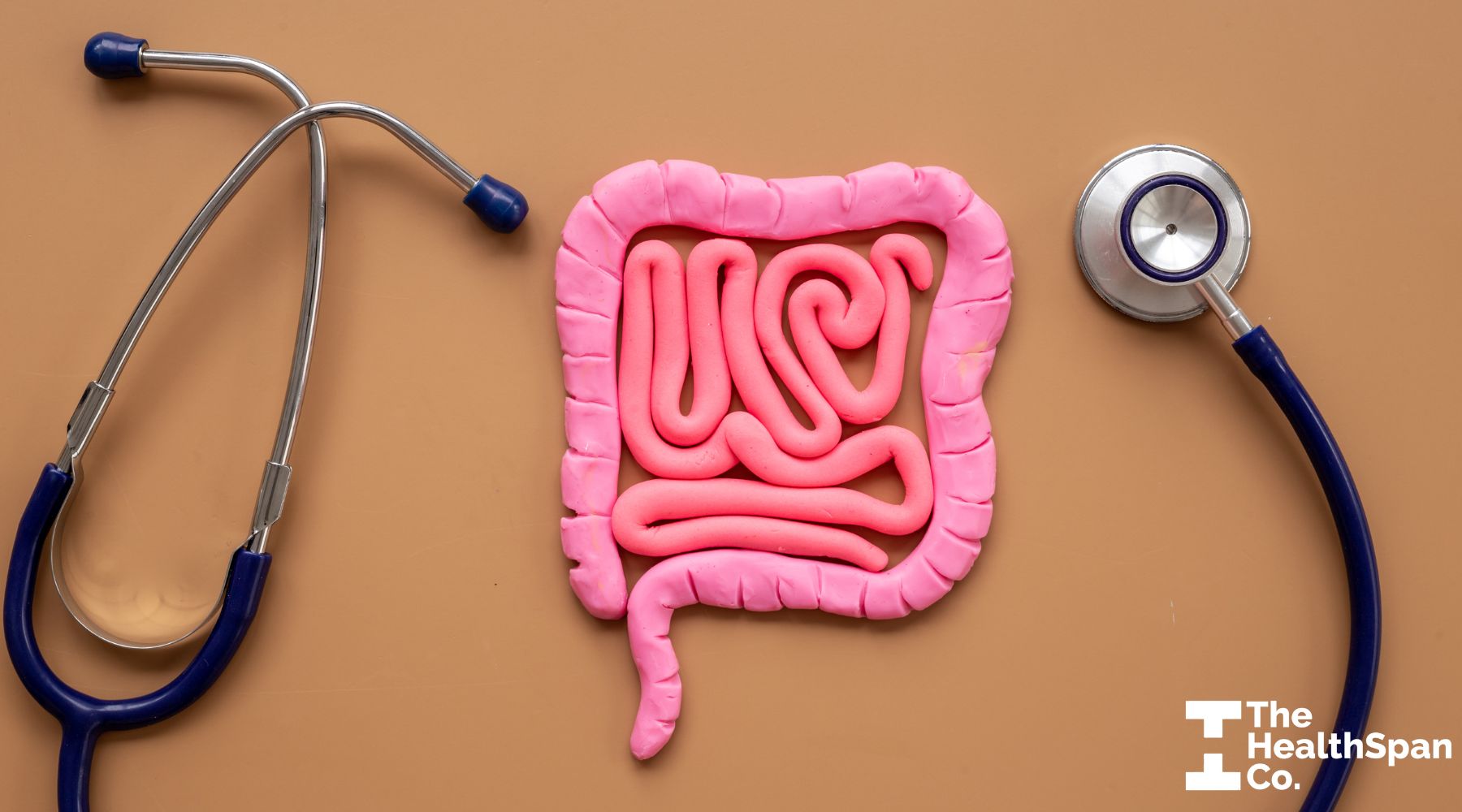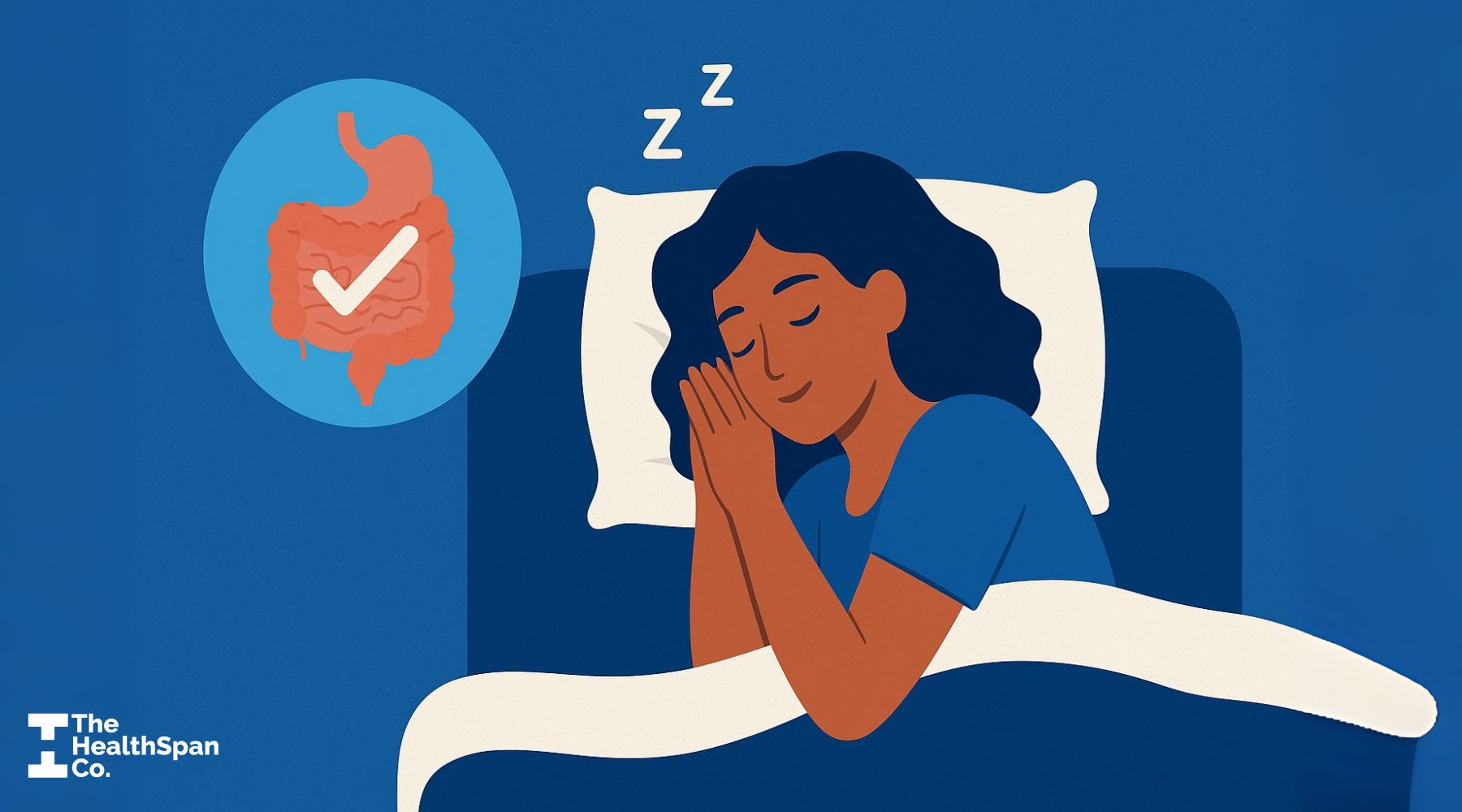
Healing and Sealing Your Gut Lining: 8 Science-Backed Steps to Restore Digestive Health
Are you experiencing persistent bloating, food sensitivities, fatigue, or skin issues that seem to have no clear cause? The problem might be hiding in your gut lining. When this crucial protective barrier becomes damaged—a condition often called "leaky gut"—it can trigger a cascade of health problems throughout your body.
Your intestinal lining is more than just a digestive component; it's your body's first line of defense against toxins, pathogens, and undigested food particles. When compromised, this barrier allows harmful substances to enter your bloodstream, potentially leading to inflammation, autoimmune reactions, and various chronic health issues.
This comprehensive guide will show you exactly how to heal and seal your gut lining using natural, science-backed strategies that address the root causes of intestinal damage.
What Is Your Gut Lining and Why Does It Matter?
Your gut lining, scientifically known as the intestinal epithelium, is a single layer of specialized cells that lines your small and large intestines. This seemingly simple barrier performs incredibly complex functions:
The Intestinal Barrier System
Your gut lining consists of several protective layers:
- Mucus barrier: Traps harmful bacteria and toxins
- Epithelial cells: Connected by tight junctions that control permeability
- Immune cells: Monitor and respond to threats
- Beneficial bacteria: Support barrier function and crowd out pathogens
Critical Functions of a Healthy Gut Lining
1. Selective Permeability Your gut lining acts like a sophisticated security system, allowing beneficial nutrients to pass through while blocking harmful substances. This selective permeability is essential for optimal health.
2. Nutrient Absorption A healthy intestinal lining maximizes absorption of vitamins, minerals, amino acids, and other essential nutrients your body needs to function optimally.
3. Immune Defense Approximately 70% of your immune system is located in your gut. The intestinal barrier works closely with immune cells to identify and neutralize potential threats.
4. Toxin Protection Your gut lining prevents toxins, undigested food particles, and harmful bacteria from entering your bloodstream and triggering systemic inflammation.
6 Common Causes of Gut Lining Damage
Understanding what damages your intestinal barrier is crucial for effective healing:
1. Standard American Diet (SAD)
Processed foods, refined sugars, trans fats, and artificial additives can directly damage intestinal cells and promote harmful bacterial growth. Studies show that ultra-processed foods increase intestinal permeability within hours of consumption.
2. Chronic Stress
Prolonged stress elevates cortisol levels, which can thin the protective mucus layer and weaken tight junctions between intestinal cells. The gut-brain axis means emotional stress directly impacts gut health.
3. Infections and Dysbiosis
Harmful bacteria, parasites, yeast overgrowth (like Candida), and viral infections can damage intestinal cells and disrupt the microbiome balance essential for barrier integrity.
4. Medications
Certain medications can compromise gut lining:
- Antibiotics: Kill beneficial bacteria that support barrier function
- NSAIDs: Directly damage intestinal cells with regular use
- Proton pump inhibitors: Alter gut pH and microbiome balance
5. Environmental Toxins
Pesticides, heavy metals, chemicals in household products, and environmental pollutants can accumulate in the gut and damage the intestinal barrier over time.
6. Alcohol and Smoking
Both alcohol and tobacco products directly damage intestinal cells and promote inflammation, making the gut lining more permeable to harmful substances.
8 Signs Your Gut Lining Needs Healing
Watch for these common symptoms of compromised intestinal barrier function:
- Digestive issues: Bloating, gas, cramping, diarrhea, or constipation
- Food sensitivities: New or worsening reactions to previously tolerated foods
- Skin problems: Acne, eczema, rosacea, or unexplained rashes
- Fatigue and brain fog: Persistent tiredness or mental cloudiness
- Mood changes: Anxiety, depression, or irritability
- Joint pain: Unexplained aches and inflammation
- Frequent illness: Recurring infections or slow recovery
- Autoimmune symptoms: New or worsening autoimmune conditions
If you're experiencing multiple symptoms, your gut lining may need targeted support.
8 Science-Backed Steps to Heal Your Gut Lining
1. Eliminate Gut-Damaging Foods
Remove These Inflammatory Foods:
- Ultra-processed foods with artificial additives
- Refined sugars and high-fructose corn syrup
- Trans fats and hydrogenated oils
- Gluten (especially if sensitive)
- Excessive alcohol and caffeine
Focus on Anti-Inflammatory Alternatives: Replace processed foods with whole, nutrient-dense options that support healing rather than causing further damage.
2. Add Gut-Healing Foods to Your Diet
Bone Broth: Rich in collagen, glycine, and glutamine—amino acids that directly support intestinal cell repair and tight junction integrity.
Fermented Foods: Kimchi, sauerkraut, kefir, and yogurt provide beneficial probiotics that strengthen the gut barrier and crowd out harmful bacteria.
Omega-3 Rich Fish: Salmon, sardines, and mackerel provide anti-inflammatory fatty acids that support intestinal healing and reduce systemic inflammation.
Leafy Greens: Spinach, kale, and arugula contain antioxidants and fiber that feed beneficial bacteria and support gut lining repair.
Prebiotic Foods: Garlic, onions, Jerusalem artichokes, and green bananas feed beneficial bacteria that produce short-chain fatty acids—crucial for gut lining health.
3. Support Gut Lining with Targeted Nutrients
L-Glutamine: This amino acid serves as primary fuel for intestinal cells and helps maintain tight junction integrity. Studies show glutamine supplementation can significantly improve gut barrier function.
Zinc: Essential for tissue repair and immune function. Zinc deficiency is linked to increased intestinal permeability.
Vitamin D: Supports immune function and helps regulate intestinal barrier integrity. Many people with gut issues are vitamin D deficient.
Collagen Peptides: Provide amino acids necessary for rebuilding and strengthening the intestinal lining.
4. Restore Beneficial Bacteria
High-Quality Probiotics: Choose multi-strain formulas with at least 10-50 billion CFUs. Look for strains specifically studied for gut barrier function, such as Lactobacillus plantarum and Bifidobacterium longum.
Probiotic Diversity: Rotate different probiotic foods and supplements to maximize bacterial diversity—a key factor in gut lining health.
Prebiotic Support: Feed your beneficial bacteria with fiber-rich foods to help them establish and maintain a healthy gut environment.
5. Manage Stress Effectively
Daily Stress Reduction: Practice meditation, deep breathing, or yoga for at least 10-15 minutes daily. Chronic stress directly damages gut lining through the gut-brain axis.
Quality Sleep: Prioritize 7-9 hours of restorative sleep. Poor sleep disrupts gut bacteria and weakens intestinal barrier function.
Regular Movement: Moderate exercise supports healthy gut motility and reduces inflammation, but avoid overtraining which can increase intestinal permeability.
6. Stay Properly Hydrated
Optimal Hydration: Drink half your body weight in ounces of clean, filtered water daily. Proper hydration supports the protective mucus layer and helps transport nutrients to intestinal cells.
Electrolyte Balance: Include natural electrolytes from coconut water or sea salt to support cellular function and hydration.
7. Support Detoxification
Liver Support: Your liver processes toxins that could damage your gut. Support liver function with cruciferous vegetables, milk thistle, and adequate protein.
Gentle Detox: Avoid harsh cleanses that can further damage gut lining. Instead, support natural detoxification with fiber, antioxidants, and proper hydration.
8. Consider Professional Testing
Comprehensive Stool Analysis: Can identify harmful bacteria, parasites, or yeast overgrowth that may be damaging your gut lining.
Food Sensitivity Testing: Helps identify specific foods that may be triggering inflammation and preventing healing.
Nutrient Status: Testing for key nutrients like vitamin D, B12, and zinc can guide targeted supplementation.
Natural Gut Lining Support with The Healthspan Co.
Healing your gut lining requires consistent, targeted nutrition that many people struggle to maintain through food alone. Our Gut Repair Digestive Mix combines research-backed ingredients like L-glutamine, digestive enzymes, and beneficial bacteria strains in convenient, clean-label products.
Our approach focuses on providing your gut with the specific nutrients it needs to rebuild and strengthen the intestinal barrier, without unnecessary additives that could interfere with the healing process.
Conclusion: Rebuild Your Foundation for Optimal Health
Your gut lining is literally the foundation of your health—when it's strong, your entire body functions better. When it's compromised, health problems can cascade throughout multiple body systems.
The eight strategies outlined in this guide provide a comprehensive approach to healing and sealing your gut lining naturally. By addressing both the causes of damage and actively supporting repair, you're giving your body the tools it needs to restore optimal barrier function.
Ready to start rebuilding your gut lining? Begin with one or two strategies that resonate with you, then gradually add more as they become habits. Your future self will thank you for investing in this crucial foundation of health.
Frequently Asked Questions
Q: How long does it take to heal gut lining? A: Most people notice initial improvements within 2-4 weeks, but complete healing typically takes 3-6 months of consistent effort.
Q: Can I heal my gut lining without supplements? A: While food-based healing is possible, targeted supplements often accelerate the process by providing concentrated therapeutic doses of key nutrients.
Q: What's the most important step for gut lining healing? A: Removing inflammatory foods while adding gut-healing nutrients creates the best foundation for intestinal barrier repair.
Disclaimer: This information is for educational purposes only. Consult healthcare providers before making significant dietary changes or if you have existing health conditions.




Leave a comment
This site is protected by hCaptcha and the hCaptcha Privacy Policy and Terms of Service apply.